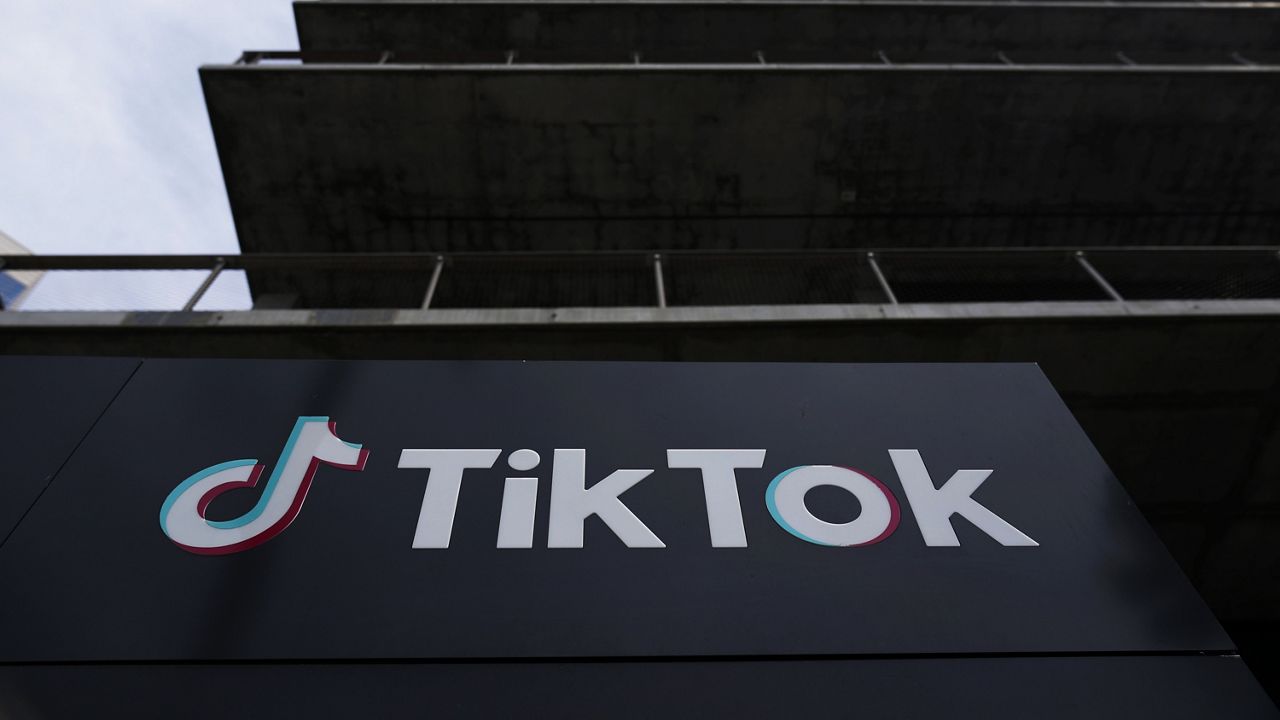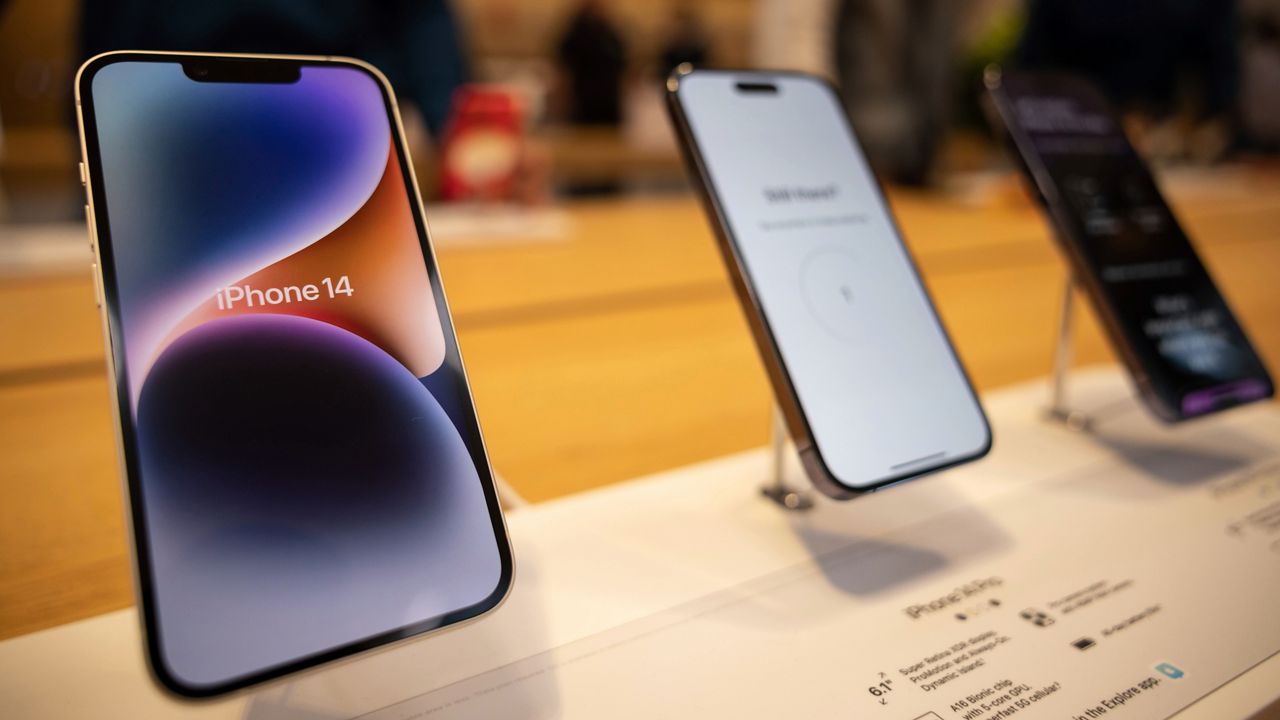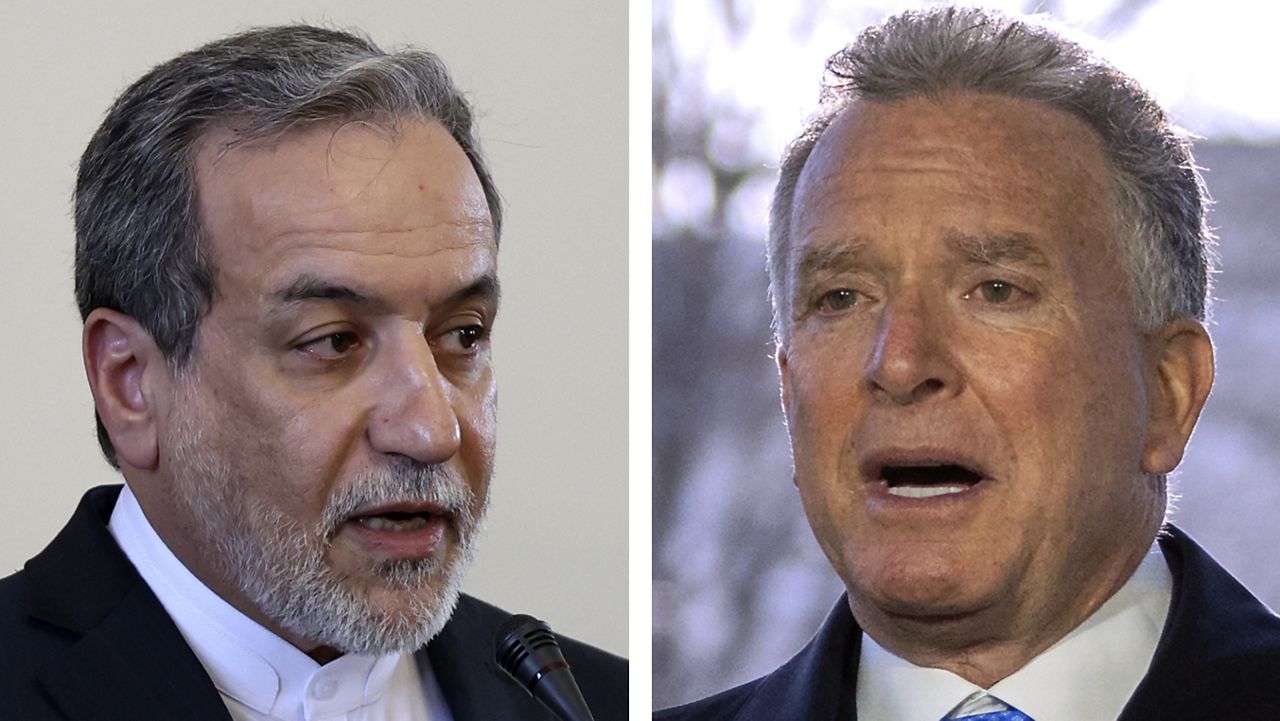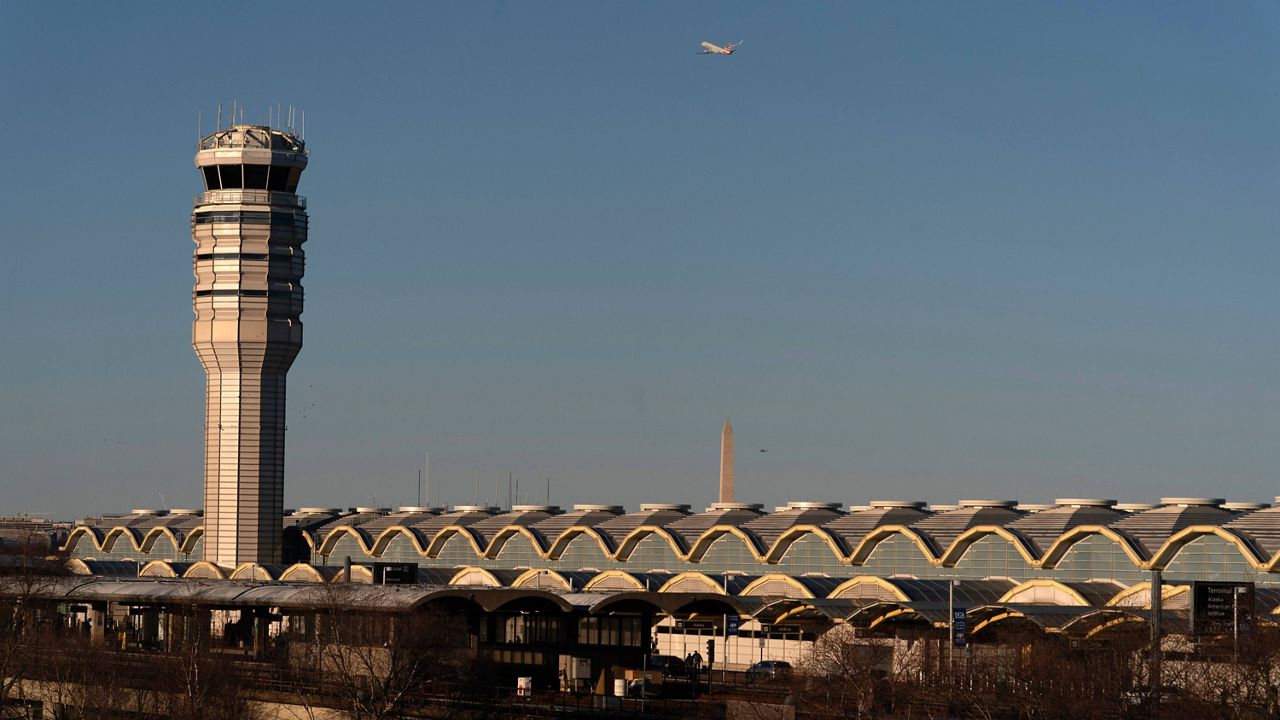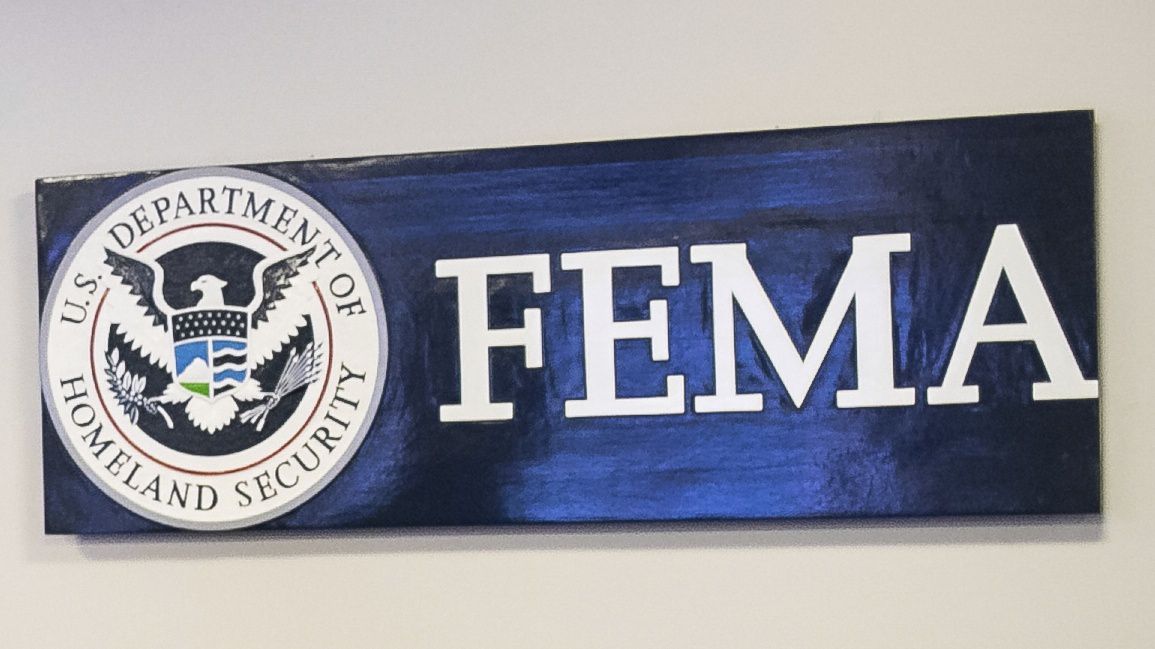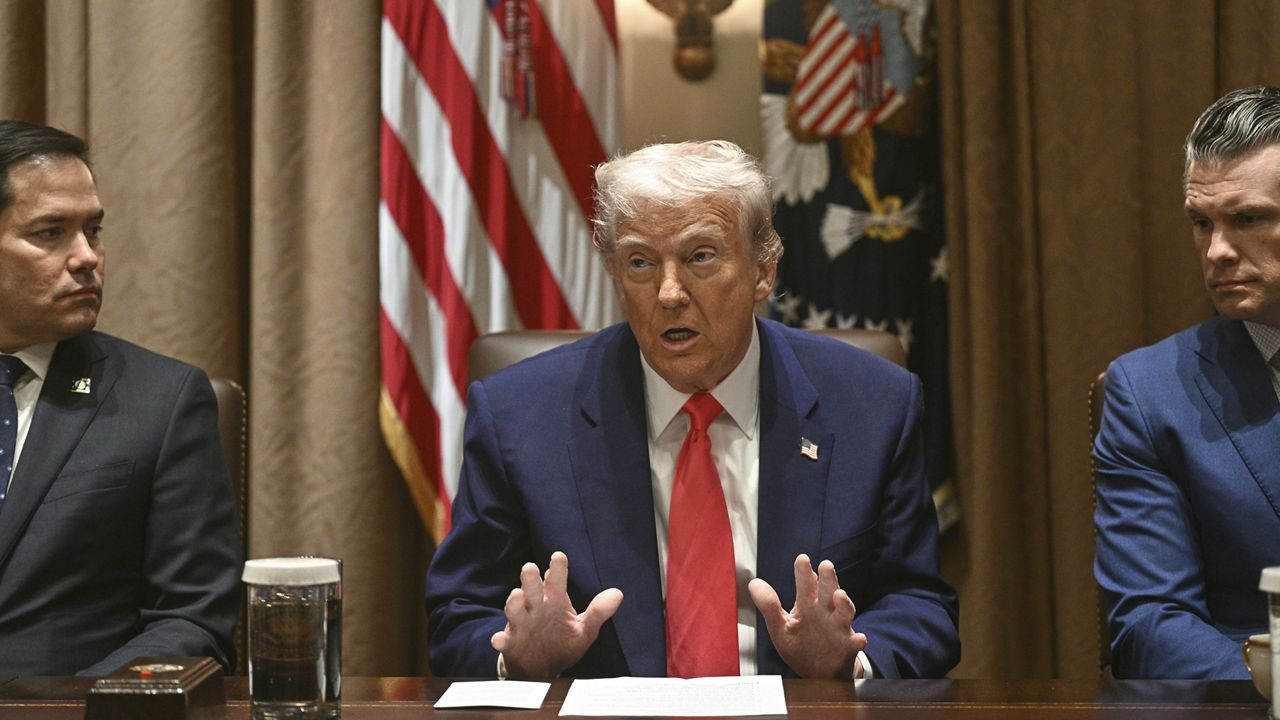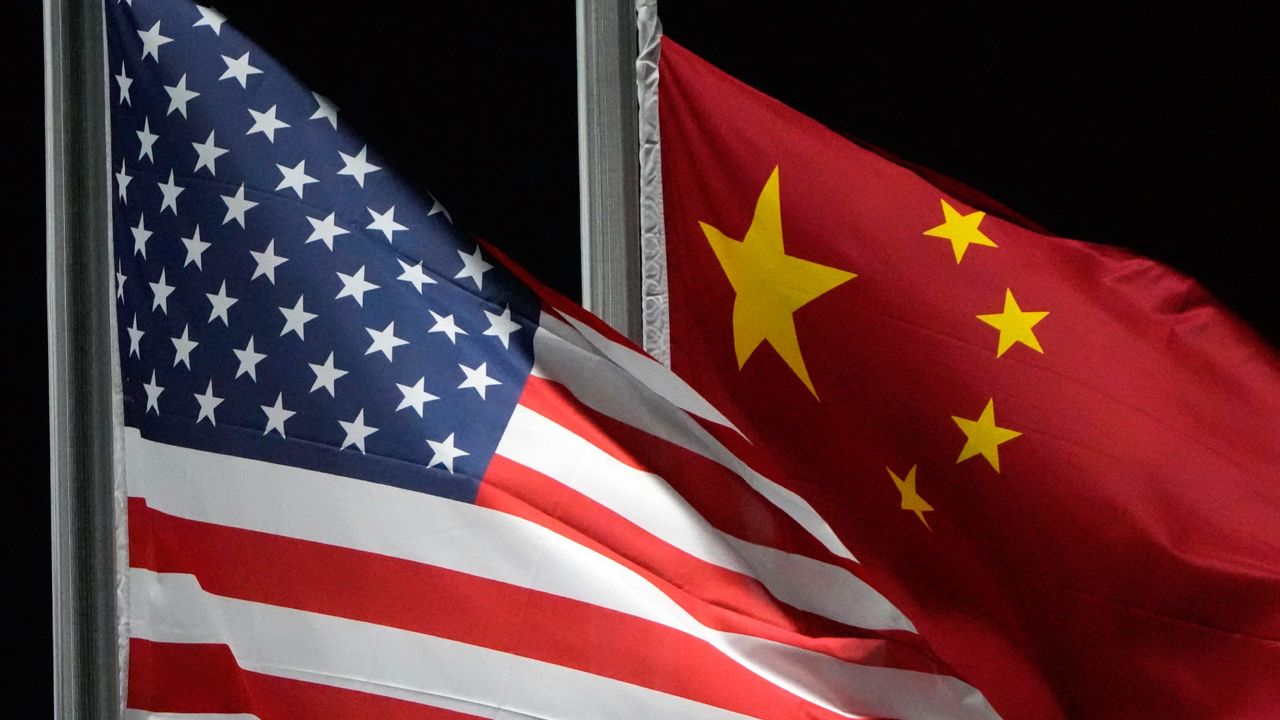Republican Sen. Rand Paul of Kentucky and Democratic Rep. Ro Khanna of California joined forces Monday in a bid to stop TikTok from going dark in the United States again, introducing a bipartisan bill that would outright repeal that law Congress passed that bans the ultra-popular social media app if its Chinese-based owner doesn’t sell it.
The announcement of the bill came just one day after TikTok came back online for U.S. users following a brief blackout due to the law and just hours before President Donald Trump signed an executive order to delay a potential ban.
In a press release announcing the legislation, called Repeal the TikTok Ban Act, the lawmakers argue that a potential ban of the app, sparked by national security concerns over China’s access to information about American users, is a violation of free speech.
“They tell you this is about China. About security. About safety. That’s a lie,” Paul said in a statement. “This is about control. About fear. About silencing you.
“Today, it’s TikTok. Tomorrow, it’s your news. Next week, it’s your voice,” the senator added.
In his own statement, Khanna also referenced the possible impacts of a ban on people who have built careers on the platform.
“The TikTok ban violates the free speech of 170 million Americans and threatens the livelihoods of creators and small business owners,” Khanna said. “When the app went down temporarily because of the ban, I heard from a small business owner in Mississippi who saw their sales dramatically decline.
“It’s hurting ordinary people,” he added.
Just hours after assuming the presidency for a second time Monday, Trump signed an executive order that extends the deadline for TikTok’s owner – Chinese-based company ByteDance – to sell the platform or face a ban in the U.S. by 75 days. The more than 10-week delay gives Trump, who has sharply shifted his stance on the app since trying to crack down on it himself during his first term in the White House, more time to find a U.S. owner and convince ByteDance to sell.
The law, passed by Congress and signed by former President Joe Biden last year, set Sunday — one day before Trump’s inauguration — as the deadline for ByteDance to divest.
When no deal was in place Saturday night, American users who tried to open the app found a message informing them that TikTok wasn’t available at the moment due to a law that took effect in the U.S. It also noted, however, that incoming President Trump had indicated he wanted to find a solution.
On Sunday, after more than 12 hours being dark, the blackout was lifted after Trump pledged in a post on his social media site, Truth Social, to sign an executive order after being sworn in Monday to push back the deadline. In the post, Trump also said he would like a “joint venture” in which the U.S. owns 50% of the platform.
Despite the law forcing the potential ban passing Congress overwhelmingly and the U.S. Supreme Court upholding it this month, some lawmakers in recent days rushed to try to save the app as the deadline drew near. Other legislation introduced recently before Trump took office focused on delaying the ban rather than repealing the law entirely.




